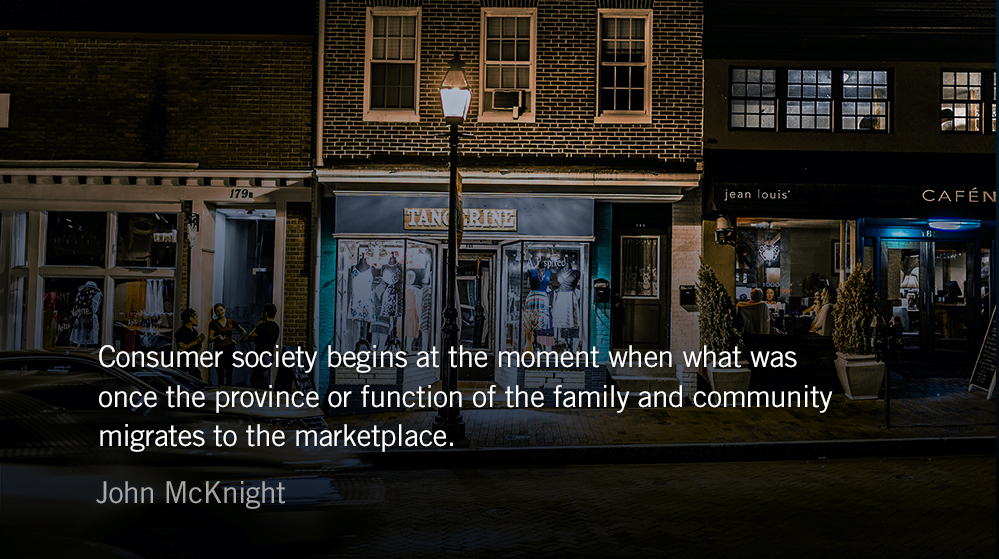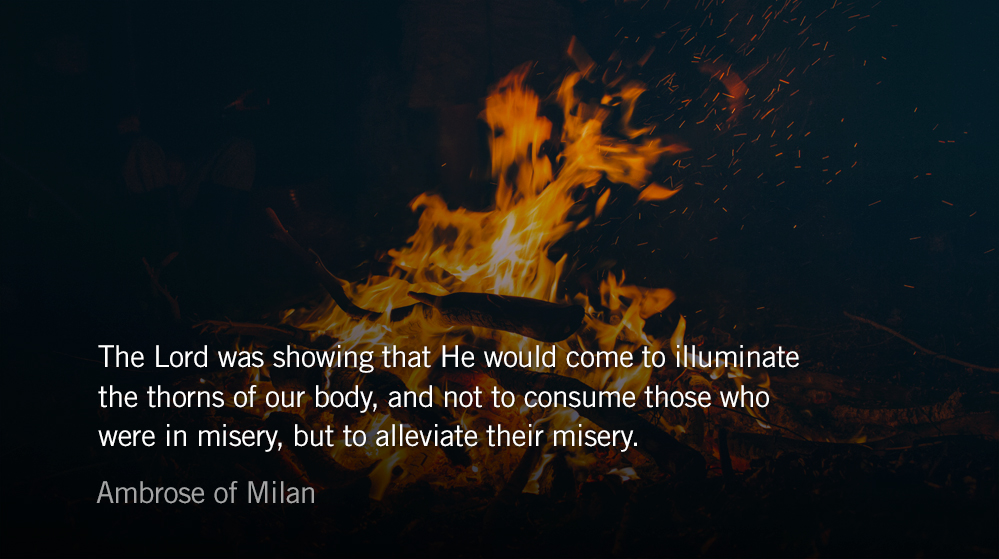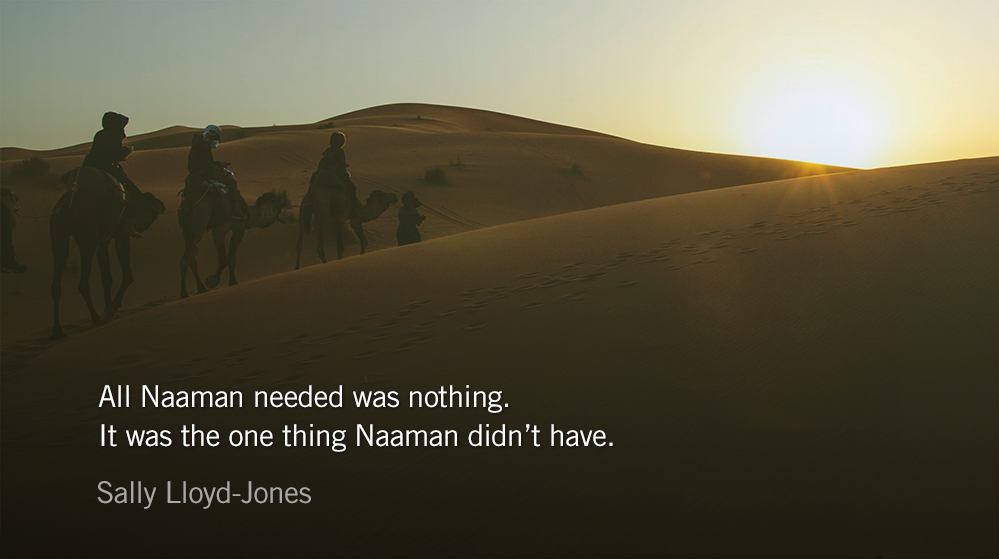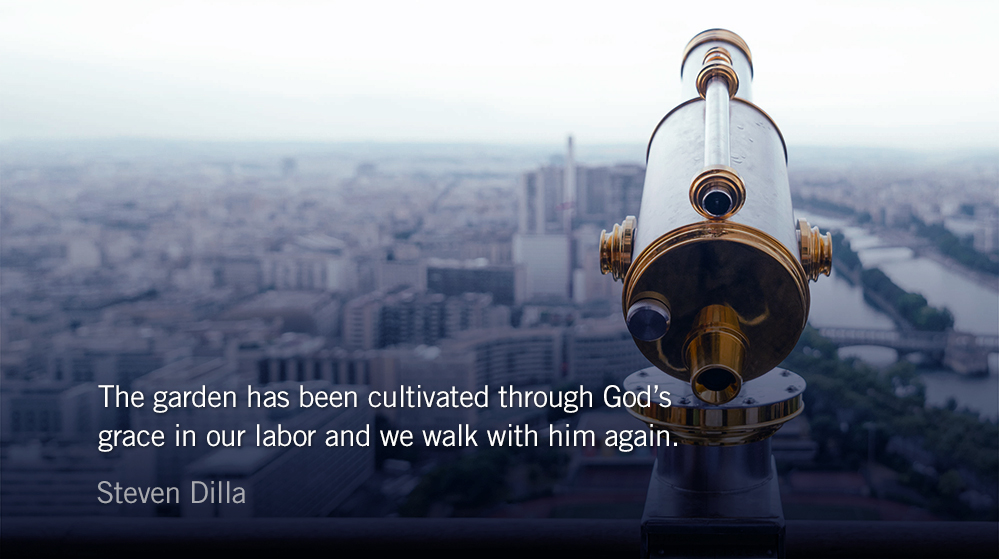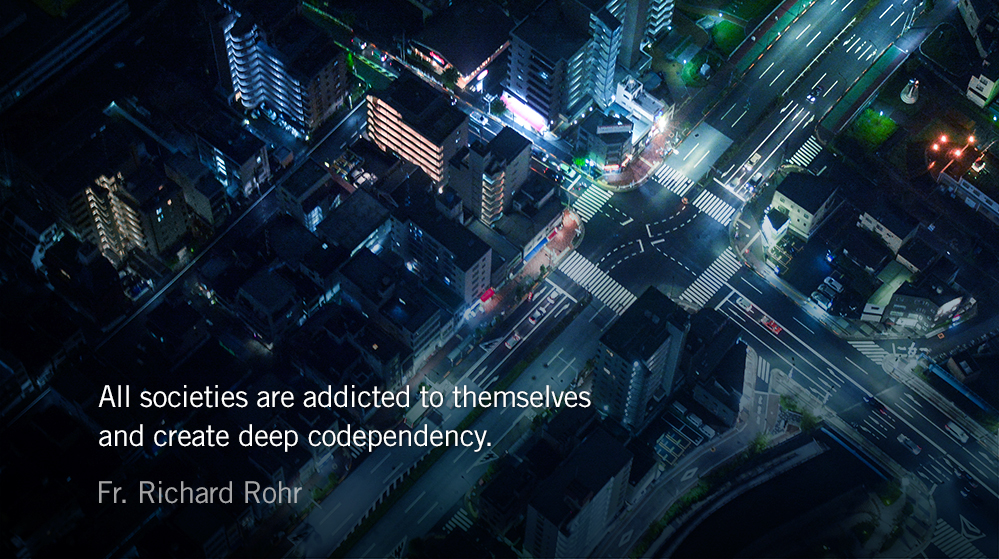“There is no neutral ground in the universe,” C.S. Lewis famously observed. The author and theologian rejected the simplistic belief that the things we interact with in the world are neutral, but rather understood everything we experience to be contested space where good and evil are actively at work.
How much the author and theologian would have had to say about technology—the modern tools and services that connect us to one another and fuel our isolation and idolatry.
Because our society is inherently individualistic we miss technology’s cumulative effects. David Brooks recently looked back at the way modern culture has lead us away from one another, as well as a thriving life, noting:
As we’ve gotten richer, we’ve used wealth to buy space: bigger homes, bigger yards, separate bedrooms, private cars, autonomous lifestyles. Each individual choice makes sense, but the overall atomizing trajectory sometimes seems to backfire. According to the World Health Organization, people in wealthy countries suffer depression by as much as eight times the rate as people in poor countries.
Brooks quotes from The Abundant Community: Awakening the Power of Families and Neighborhoods which explains, “Consumer society begins at the moment when what was once the province or function of the family and community migrates to the marketplace.” Where C.S. Lewis looked at contested space the authors of Abundant Community look at how evil wins:
People choose to yield sovereignty in exchange for the promise of predictability. Even families and communities turn over their sovereignty for the promise of a safe and predictable future.
Perpetual technological engagement necessarily moves people away from community. We leverage personal devices to make life more convenient (so we can affirm our self-importance), comfortable (so we mitigate the need for faith in risk), and entertaining (so we preempt the difficulty of forging meaningful relationships).
How can Christians enter the contested space of technology and experience what is good, true, and life-giving? One way would be by rediscovering the “habits of lectio divina [to] challenge our ravenous consumption of online stimuli,” suggests Br. Michael Baggot.
We needn’t devote our browsing to exclusively scriptural texts to learn from the lectio divina method. A more lingering attitude disposed to personal application and appropriate response would benefit our literary and news readings. The ancient monks’ most glorious libraries contained less information than the average smartphone. But their habits of receptivity and assimilation can empower us to lift our gaze from our screens ennobled rather than enslaved.
There is something redemptive about the image of looking up from our screens ennobled. Perhaps it is for the good of others—that we may fully engage with those God has brought into our lives—but perhaps it is first for ourselves. Br. Baggot concludes:
Undisciplined device usage disrupts the concentrated solitude we need in order to form an interior life that will be worth sharing face-to-face. Fruitful conversation presupposes fruitful solitude.
Weekend Reading List
- Lectio Divina and The Facebook Newsfeed. Br. Michael Baggot for Institute on Religion and Public Life.
- The Great Affluence Fallacy. David Brooks for The New York Times.
- The Flight From Conversation. Lauren Cassani Davis interviews Sherry Turkle for The Atlantic.
- Why We Need Solitude in The Midst of the 2016 American Election. Ed Cyzewski for Christianity Today.
Today’s Reading
Ezekiel 12 (Listen – 4:26)
Psalms 51 (Listen – 2:19)
This Weekend’s Readings
Ezekiel 13 (Listen – 4:14) Psalms 52-54 (Listen – 3:19)
Ezekiel 14 (Listen – 4:09) Psalms 55 (Listen – 2:43)

